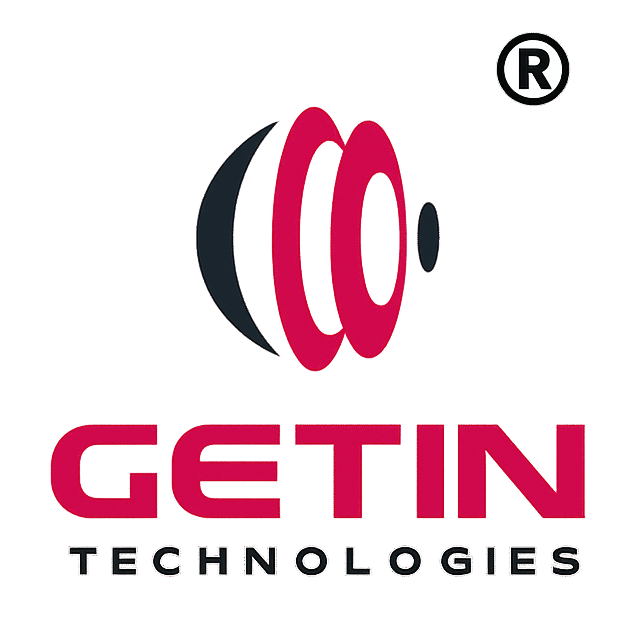Master Oracle Like a Pro with the Best Oracle Training in Kovilpatti!
Getin Technologies provides an Oracle training in Kovilpatti that is based on the strong foundational knowledge and skills obtained about Oracle technologies such as Oracle Database, PL/SQL, Cloud Infrastructure, and Oracle Applications (ERP). Our curriculum is industry-oriented, and it allows a student to acquire all the skills necessary to make him or her stand out in today’s technologically demanding job market. We will enable you to practice through hands-on experience through real projects. Whether it is fresh graduates or IT professionals, our training is designed to suit every level of expertise. The learning options, classroom or online, allow for flexibility in learning at one’s pace. Top job opportunities with leading companies in the tech industry are assured through placement assistance. Getin Technologies will prepare you for a successful career in Oracle with certified trainers and cutting-edge technologies. Now, become an Oracle Certified Professional by joining Oracle Training in Kovilpatti and get ahead in your career at hand.
Oracle Training in Kovilpatti Offers To Unlock Your Potential As A Certified Oracle Professional And Enhance Your Career in Database Management and Cloud Technologies!
















 20% Offer for College Students from Total Course Fees.
20% Offer for College Students from Total Course Fees.







